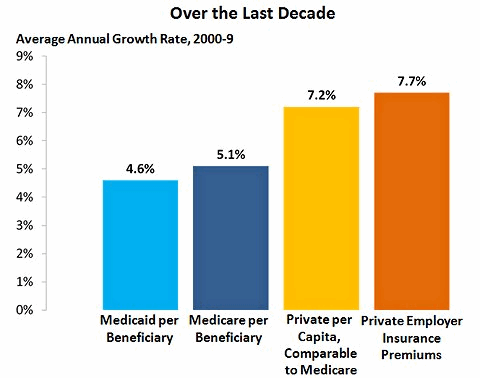Againsheila
Gold Member
Here's an idea, let's have a telethon to help pay off our debt. People can volunteer to pay extra, if they can afford it. Once it paid off, everyone currently in office should be fired and not allowed to come back. All new people should be elected with the stipulation that they must balance the budget, any debts from here on out are their responsibility. It's not their money, it's ours.


